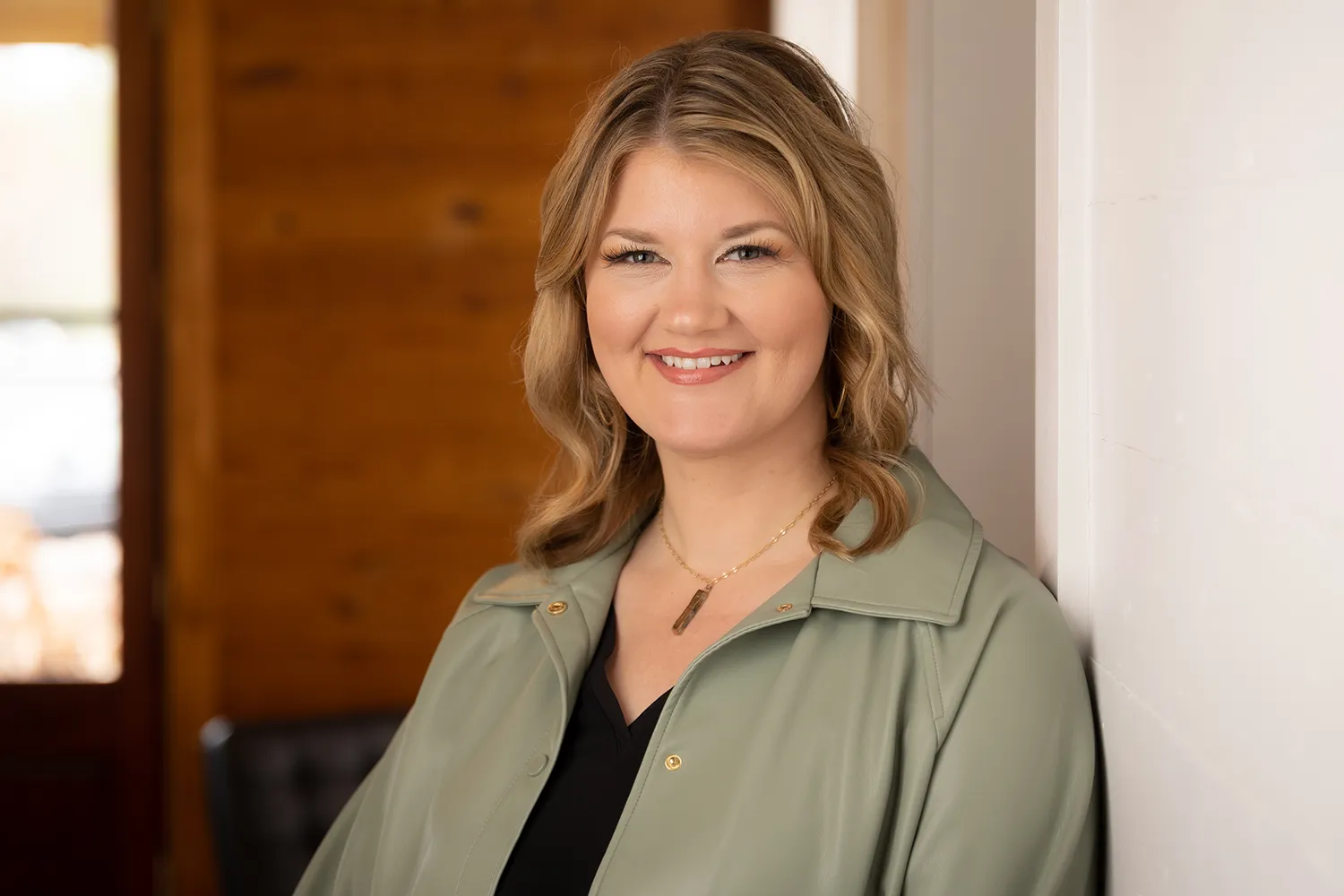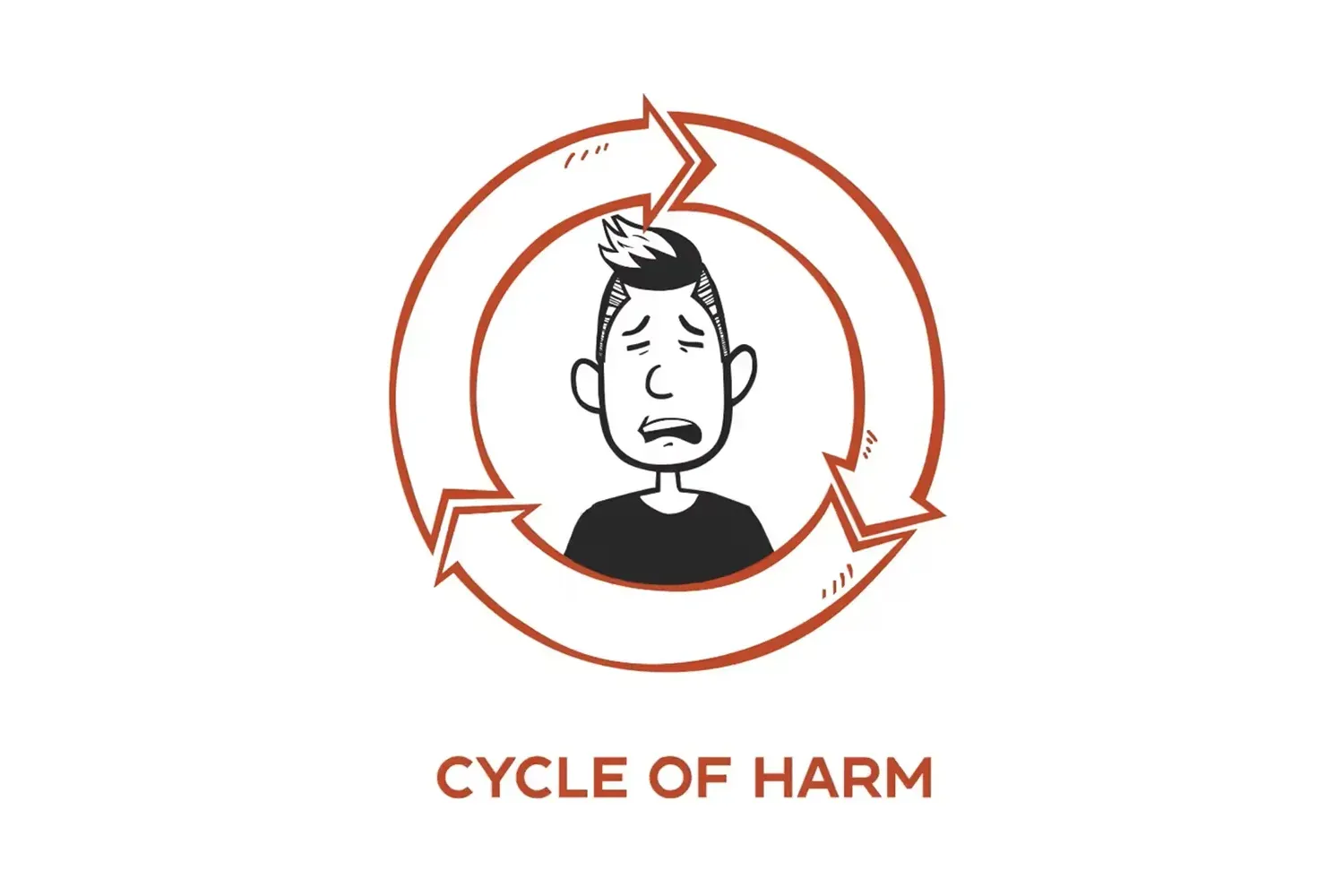
1 in 10 American adults have used an illegal drug recently.
Rates of illegal drug use have doubled in the last 20 years.
Drug overdose is the leading cause of accidental death in the United States.
The United States is in the midst of an overdose crisis fueled by contamination from an unregulated underground drug market. The good news is that we have the power to change it. Come and explore life-saving approaches to drugs and addiction that also reduce crime and empower families.
There is a better path forward.
Discover new pathways to reduce harm from drugs and help more people thrive. You’ll receive instant access to our popular eBook, 3 Ways to Help Someone Struggling with an Addiction.
Reimagining Addiction Treatment
Join us in December to learn about innovative pathways to recovery, including promising options like psychedelic-assisted therapy.
Why We Exist
Our goal is a future where fewer people are harmed by drugs.
To get there, we need to shift away from a criminal justice approach and towards a health-centered approach to drug production, distribution, and consumption.
As a 501(c)(3), we educate citizens, advocates, and policymakers to elevate solutions that prioritize life, health, strong families, and safe communities. This is the path to a world where more people have an opportunity to thrive.

Changed Lives = Stronger Families
Browse our articles, videos, and other resources.
Healthy & Hired
An Introduction to End It For Good
TEDx: Changing My Mind on the Best Path Forward With Drugs
3 Things You Might Not Know About Drugs
Three Ways You Can Help Someone Struggling With Addiction
The Cycle of Harm
Testimonials
See What Others
Are Saying
“End It For Good fills a critical gap in the debate about drug policy because the organization connects with people at a human level.”
– Geoffrey Lawrence, Research Director, Reason Foundation
"End It For Good aims at solving a problem, rather than pushing a viewpoint."
– Dr. Anita Batman, Former Senior Health Adviser to the Surgeon General
“End It For Good is helping us to stop confusing a public health crisis with a law enforcement problem. Its work is so deeply needed and important.”
– Barry Friedman, Faculty Director, Policing Project, New York University School of Law







